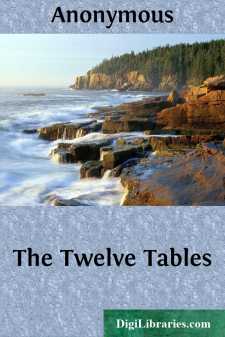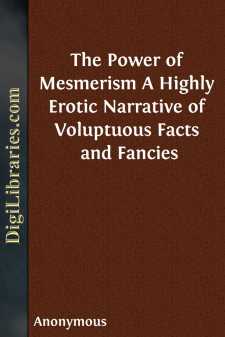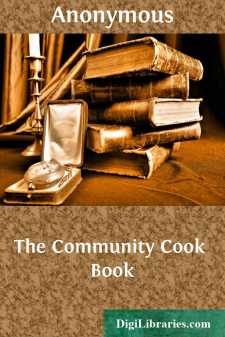Categories
- Antiques & Collectibles 13
- Architecture 36
- Art 48
- Bibles 22
- Biography & Autobiography 813
- Body, Mind & Spirit 142
- Business & Economics 28
- Children's Books 15
- Children's Fiction 12
- Computers 4
- Cooking 94
- Crafts & Hobbies 4
- Drama 346
- Education 46
- Family & Relationships 57
- Fiction 11828
- Games 19
- Gardening 17
- Health & Fitness 34
- History 1377
- House & Home 1
- Humor 147
- Juvenile Fiction 1873
- Juvenile Nonfiction 202
- Language Arts & Disciplines 88
- Law 16
- Literary Collections 686
- Literary Criticism 179
- Mathematics 13
- Medical 41
- Music 40
- Nature 179
- Non-Classifiable 1768
- Performing Arts 7
- Periodicals 1453
- Philosophy 64
- Photography 2
- Poetry 896
- Political Science 203
- Psychology 42
- Reference 154
- Religion 513
- Science 126
- Self-Help 84
- Social Science 81
- Sports & Recreation 34
- Study Aids 3
- Technology & Engineering 59
- Transportation 23
- Travel 463
- True Crime 29
Alice Cogswell Bemis A Sketch by a Friend
by: Anonymous
Description:
Excerpt
ALICE COGSWELL BEMIS
Alice Cogswell Bemis came from a long line of good British stock. She was in the eighth generation from John Cogswell, who was born at Westbury Leigh, Wiltshire, in 1592. He was a man of standing and of considerable inherited property. Among the latter were "The Mylls," called "Ripond," situated in the parish of Fromen, Selwood, together with the homestead and certain personal property. He married Elizabeth Thompson, a daughter of the Vicar of Westbury parish. After twenty years of married life, during which they had lived in the family homestead and he had carried on his father's prosperous business, he decided to emigrate to America, and on May 23, 1625, leaving one married daughter in England, they embarked with their eight other children on the famous ship, The Angel Gabriel. We find no mention of a special reason for their leaving England, but it was probably the same that led many others of their type to begin life afresh in the new world; here the possibilities of the country to be developed were limitless, and doubtless these offered a better outlook for their children, whose welfare must have been uppermost in their thoughts and plans.
The voyage of The Angel Gabriel and its wreck off Pemaquid, on the coast of Maine, in the frightful gale of August 15, 1625, are told in the graphic story of the Rev. Richard Mather, who was a passenger on the ship James, which sailed from England on the same day. The James lay at anchor off the Isles of Shoals while The Angel Gabriel was off Pemaquid. She was torn from her anchors and obliged to put to sea, but after two days' terrible battling with storm and wave, reached Boston harbor with "her sails rent in sunder, and split in pieces, as if they had been rotten rags." Of The Angel Gabriel, he says: "It was burst in pieces and cast away." Strong winds from the northeast and great tidal waves made it a total wreck. John Cogswell and all his family were washed ashore from the broken decks of their ship, but several others lost their lives. Some of the many valuable possessions they had brought with them never came to shore, but among the articles saved was a tent which gave good service at once; this Mr. Cogswell pitched for a temporary abiding place. As soon as possible he took passage for Boston, where he made a contract with the captain of a small bark to sail for Pemaquid and transport his family to Ipswich, Massachusetts, then a newly settled town.
The settlers of Ipswich at once appreciated these newcomers, and the municipal records show that liberal grants of land were made to John Cogswell. Among them was one spoken of as "Three hundred acres of land at the further Chebokoe," which later was incorporated as a part of Essex. Here in 1636 their permanent home was built, and here, covering a period of over two hundred and fifty years, their descendants cultivated the land. The Cogswells had brought with them several farm and household servants, as well as valuable furniture, farming implements, and considerable money....












